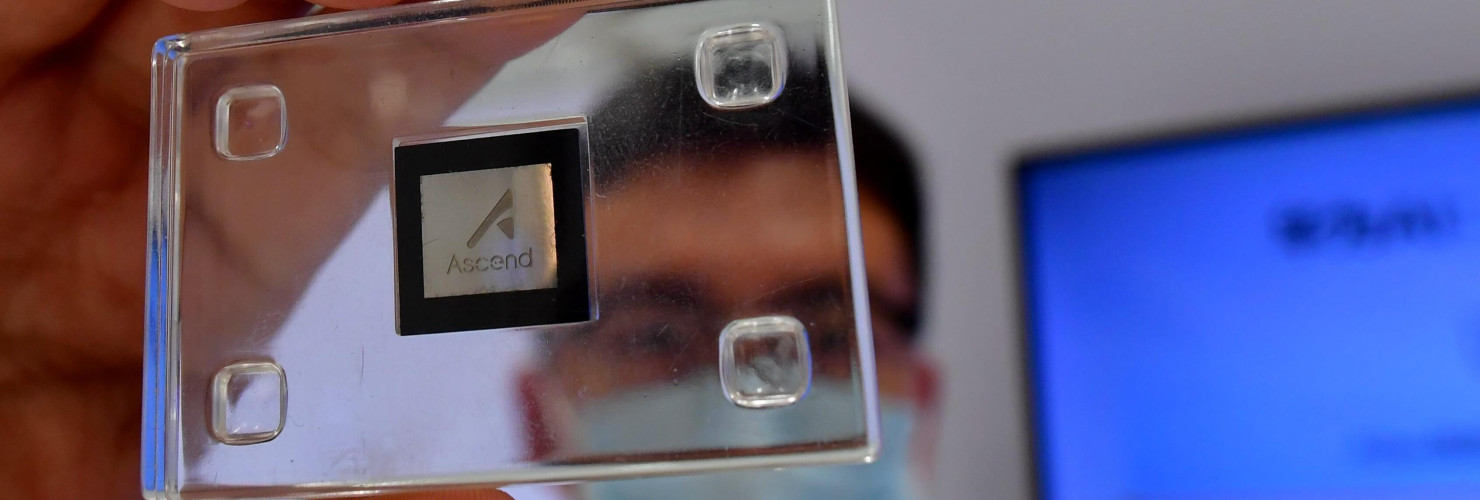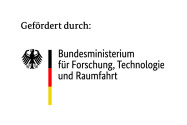

China is willing to utilize its leverage in race to dominate AI
China’s Ministry of Commerce (MOFCOM) was affronted by a US announcement that anyone, anywhere, using Huawei’s Ascend AI chips should be aware they are in violation of US export controls, unless they have explicit US permission. MOFCOM responded by saying that any company or individual who implements the US guidance could be punished under China’s Anti-Foreign Sanctions Law (AFSL). This is the first time Beijing has linked the law directly to a US policy action.
The Chinese Communist Party (CCP) has been expanding legal and bureaucratic structures that enable it to apply Chinese laws overseas, while deterring entities, domestic and foreign, from complying with other governments’ sanctions and trade restrictions. AFSL countermeasures include prohibitions from sourcing products from China, personal sanctions against company representatives and a whole range of other possible punishments.
The CCP is willing to directly apply this toolkit to counter US action on Huawei because Beijing has identified AI as a critical technology and Huawei as critical to developing this technology in China. During a Politburo study session in April 2025, the first since 2018 to focus on AI, Xi Jinping called it “a strategic technology leading a new round of scientific and technological revolution and industrial transformation.” Di Dongsheng, deputy dean and professor at the School of International Studies at Renmin University of China, went even further, arguing that AI is crucial to the CCP reaching its goals and that the US-China contest over global AI is ultimately also a competition for political and ideological dominance around the world.
Antonia Hmaidi, Senior Analyst: “Having shored up its legal toolkit in recent years, Beijing is becoming more comfortable and sophisticated with using it for weaponizing supply chains and sanctioning of AI. “

